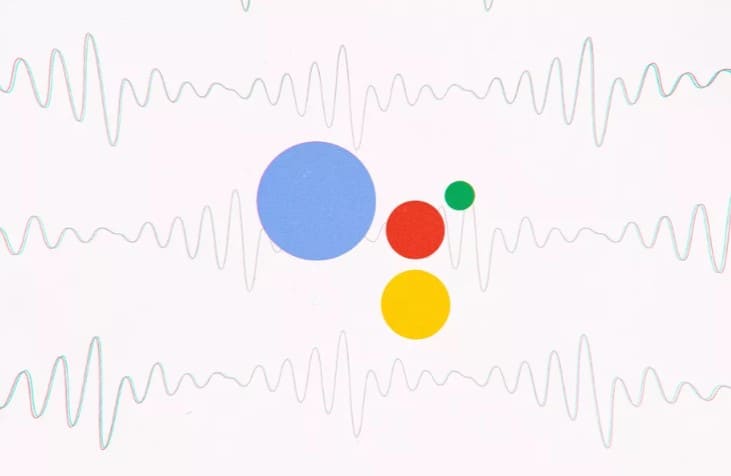
In Google’s demonstration of its new AI assistant Duplex this week, the voice assistant calls a hair salon to book an appointment, carrying on a human-seeming conversation, with the receptionist at the other end seemingly unaware that she is speaking to an AI. Robots don’t literally have ears, and in order to “hear” and analyze the audio coming from the other end, the conversation is being recorded. But about a dozen states — including California — require everyone in the phone call to consent before a recording can be made.
It’s not clear how these eavesdropping laws affect Google Duplex. In fact, it’s so unclear that we can’t get a straight answer out of Google.
A Google spokesperson told The Verge during I/O, where Duplex was unveiled, that the assistant would not be coming to a number of states, due to concerns about these “all-party” eavesdropping laws. But when asked again for clarification, a Google spokesperson told us that the I/O demo had been an early stage version of the product, and that the final version would notify people in some way that they were either talking to a robot or being recorded.
“We are designing this feature with disclosure built-in, and we’ll make sure the system is appropriately identified,” said the spokesperson.
Google has already adapted around all-party consent laws in its other products — if you record a call in Google Voice, it automatically plays a little prerecorded blurb announcing that the call is being recorded.
Google also declined to clarify whether a recording is being made when Duplex runs, and if so, whether Google would be retaining those recordings in the long term. Duplex, as was shown at I/O, doesn’t allow users to access any recordings or even to listen in on the conversation as it’s happening. For all we know, the recordings are being made, analyzed, and destroyed very quickly. But nonetheless, it might still run afoul of California’s eavesdropping law. “California courts have typically interpreted recording for purposes of the eavesdropping law pretty broadly to include almost any kind of recording, and there is no exception for short term, temporary recording,” says Everett Monroe, who teaches privacy law at the University of San Francisco School of Law.
Voicebot.ai ran a blog post earlier this week claiming that Duplex would not be available in these “all-party” consent states: California, Connecticut, Delaware, Florida, Illinois, Maryland, Massachusetts, Montana, Nevada, New Hampshire, Pennsylvania, and Washington. (The full list of all-party consent states will fluctuate depending on who you ask, because the state of the law in Delaware and Michigan is a little nuanced).
We asked Google if the blog post was inaccurate, and received no response.
Building “disclosure” into Duplex will probably make it good to go — think, for example, of all the times you’ve been left on hold while a prerecorded voice tells you that “this call is being recorded for quality assurance purposes.” A notification that you’re talking to a robot would also solve the weird ethical quandary about whether it’s okay to deploy automated processes on unwitting customer service reps.
And doing that will also mean skipping the headache-inducing questions about how old eavesdropping statutes apply to robot voice assistants. Is a recording still a recording if no human ever listens to it? Who is a “party” to a Duplex call if the caller isn’t listening in? If Google plays the right beeps, boops, and prerecorded disclaimers, we’ll never have to answer any of these questions.
